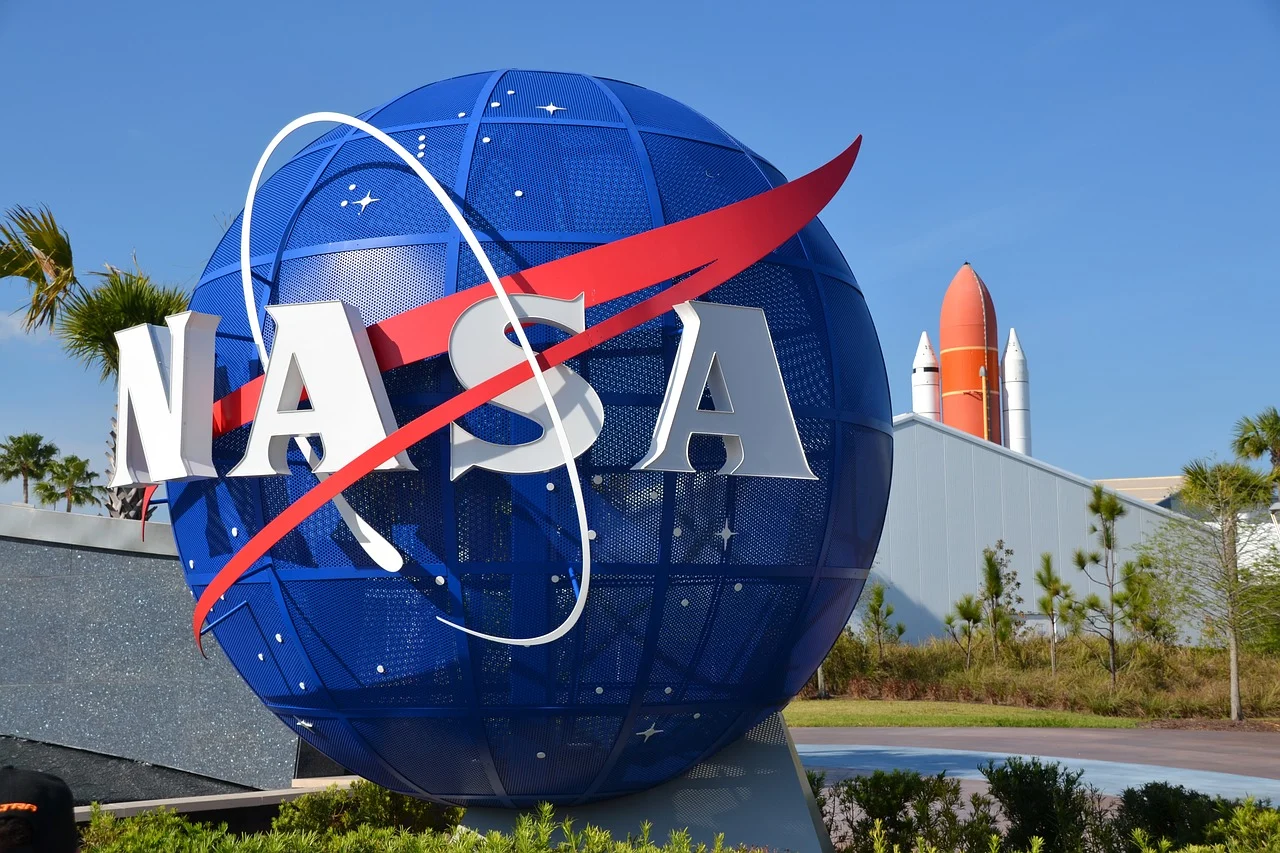Science News Roundup: NASA chief asks nations to work together on climate change; Understanding of Earth's flowering plants blossoms in genome study and more
This surge of gamma rays, the most energetic form of light, unleashed in just a tenth of a second the amount of energy our sun would emit in a span of roughly 10,000 years, they said. Russia, US clash at UN over nuclear weapons in space Russia on Wednesday vetoed a U.S.-drafted United Nations Security Council resolution that called on countries to prevent an arms race in outer space, a move that prompted the United States to question if Moscow was hiding something.

Following is a summary of current science news briefs.
Factbox-Shenzhou-18 caps over two decades of Chinese human spaceflight
China will send three astronauts into low-Earth orbit on Thursday in the country's 13th crewed mission to space, marking more than two decades of Chinese human spaceflight. Of the 13 crewed missions, half were visits to China's independently built space station Tiangong, or "Celestial Palace" in Chinese.
Huge energetic flare from magnetic neutron star detected
Magnetars are among the universe's most extreme objects - a class of the compact stellar remnants called neutron stars that possess immensely strong magnetic fields. Once in a while, they produce enormous eruptions of gamma rays in the strongest nondestructive release of energy known in the cosmos. Scientists have now detected the most distant-known instance of one of these eruptions, called a giant flare, from a magnetar residing in a galaxy called Messier 82, or M82. This surge of gamma rays, the most energetic form of light, unleashed in just a tenth of a second the amount of energy our sun would emit in a span of roughly 10,000 years, they said.
Russia, US clash at UN over nuclear weapons in space
Russia on Wednesday vetoed a U.S.-drafted United Nations Security Council resolution that called on countries to prevent an arms race in outer space, a move that prompted the United States to question if Moscow was hiding something. The vote came after Washington accused Moscow of developing a anti-satellite nuclear weapon to put in space, an allegation that Russia has denied. Russian President Vladimir Putin has said that Moscow was against putting nuclear weapons in space.
Understanding of Earth's flowering plants blossoms in genome study
Flowering plants - from corn, wheat, rice and potatoes to maple, oak, apple and cherry trees as well as roses, tulips, daisies and dandelions and even the corpse flower and voodoo lily - are cornerstones of Earth's ecosystems and essential for humankind. New research based on genome data for 9,506 species, as well as an examination of 200 fossils, provides the deepest understanding to date of the evolutionary history of flowering plants, called angiosperms - the largest and most diverse plant group. It details how angiosperms appeared and became dominant during the age of dinosaurs and how they have changed over time.
NASA chief asks nations to work together on climate change
NASA is hoping that nations will work together more closely in the future on topics such as climate change, including greenhouse gas emissions, the space agency's head, Bill Nelson, said on Tuesday. Solutions to mitigate greenhouse gas emissions that rapidly warm the planet and drive the climate crisis already exist, but require unprecedented changes at a new scale and pace.
(With inputs from agencies.)
ALSO READ
Bomber crashes in Russia, Interfax says
One killed, six wounded by Russian strikes on Ukraine's Dnipropetrovsk region
Russia's Bashneft protects refineries with anti-drone nets, RIA says
Odd News Roundup: Man named Vote will cast ballot for change in South Africa; Eager volunteers help toads cross the road in Russia
Airplane crashes in Russia's Stavropol region with no casualties










